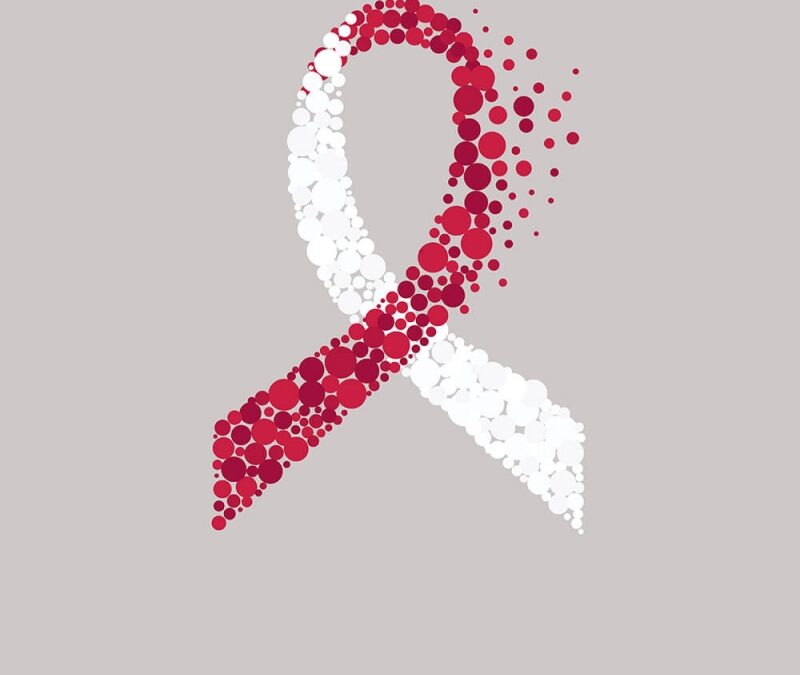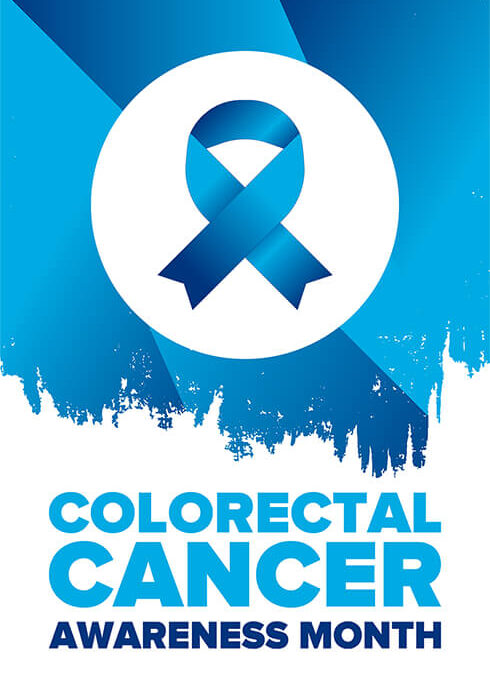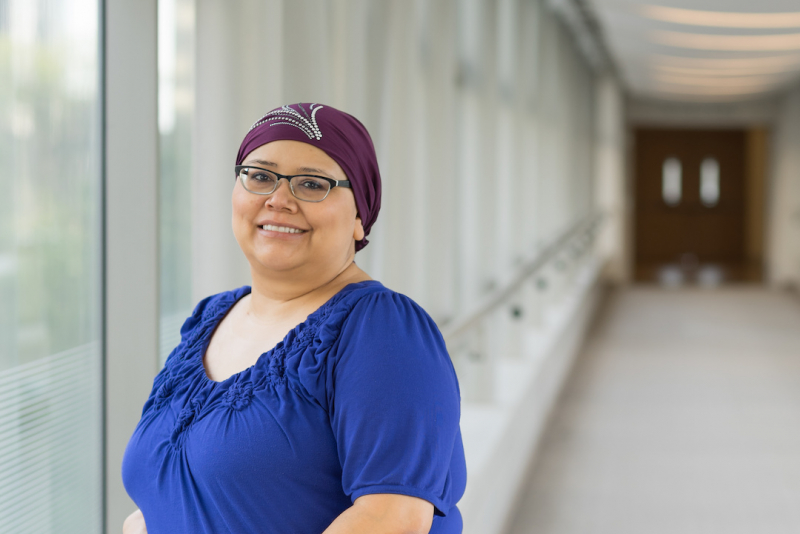Blog

Testicular Cancer: Know the Signs and Symptoms
Approximately one of every 250 males will develop testicular cancer during his lifetime. April is Testicular Cancer Awareness Month and Arizona Oncology, a practice in The US Oncology Network, would like to remind men to speak with their healthcare providers about getting screened for the disease. In the United States, more than 9,760 men are diagnosed with testicular cancer each year (www.cancer.org). Despite being the most common form of cancer in men between the ages of 15 and 35, testicular cancer is highly treatable and usually curable. Arizona Oncology joins the American Cancer Society...

Summer Travel with Cancer
Many patients worry about cancer getting in the way of daily life, which may include their summer vacation or travel plans. Initially, yes, a cancer diagnosis can put certain things on hold – but in most cases, it’s only temporary. Once your cancer treatment plan is in place, resuming everyday activities often becomes more manageable – even when it involves going on a trip. Traveling with cancer may involve some extra planning, but there are ways to help it be less stressful and more enjoyable. Here are some tips to get you started so you can enjoy the travel season. Preparing for...

What are Head and Neck Cancers?
April is Head and Neck Cancer Awareness Month. Head and neck cancers are a group of different types of cancers that develop in the throat, nose, mouth, sinuses, or larynx. Types of Head and Neck Cancer Head and neck cancers include: Laryngeal and Hypopharyngeal Cancer. Laryngeal cancer develops in the voice box, or larynx. Hypopharyngeal cancer develops in the lower throat. Oral Cavity and Oropharyngeal Cancer. Oral Cavity cancers occur in the mouth and tongue. Oropharyngeal cancer starts in the middle part of the throat, behind the mouth. Nasopharyngeal Cancer. Nasopharyngeal...

What You Should Know About Inflammatory Breast Cancer
Inflammatory breast cancer is a rare but aggressive form of breast cancer. This cancer, which accounts for 1% to 5% of all breast cancer diagnoses in the United States, forms in the cells that line the breasts’ milk ducts, but quickly spreads to nearby lymph nodes and sometimes, to other tissues in the body. The cancer is called “inflammatory” because the cancer cells usually block the lymph vessels in the breast. This blockage causes a buildup of fluid, which then leads to inflammation that is usually red and tender to the touch. How Does Inflammatory Breast Cancer Differ From...

Kidney Cancer Awareness Month
Kidney cancer is among the 10 most common cancers in both men and women. March is Kidney Cancer Awareness Month and Arizona Oncology, a practice in The US Oncology Network, encourages men and women to speak with their healthcare providers about the symptoms, risk factors and treatments for the disease. Also known as Renal Cell Carcinoma (RCC), kidney cancer is among the 10 most common cancers in both men and women. The rate of new kidney cancers has been on the rise since the 1990s. Most likely this is due to improved technology such as CT scans which now help locate cancers that were...

What is Cancer Survivorship?
At Arizona Oncology, we understand that cancer impacts every aspect of our patients’ lives, with effects that can last for a long time after initial therapy is completed. Here we answer some common questions about cancer survivorship and our survivorship program. Am I a cancer survivor? If you have been diagnosed with cancer, yes! You are considered a cancer survivor from the day of your diagnosis until the day of your death from any cause. You do not have to wait for a certain number of years, or be considered free of disease, in remission, or cured to be a cancer survivor. What are some...

How to Tell Your Family and Friends You Have Cancer
When your oncologist gives you a diagnosis of cancer, there are many things that begin to happen. You may need to arrange further doctor’s appointments and tests before your treatment plan begins. You’ll be feeling a lot of emotions and your mind may bounce in different directions. One thing you may wonder is how to tell your family and friends that you have cancer. This is a personal experience for you, and you must do what feels most comfortable to you. Here are some things to consider before talking to friends and family. Who Are You Going to Tell? It’s okay to not tell everyone you know...

Acupuncture, Massage and Other Touch Therapies for Cancer Patients
Cancer patients can greatly benefit from integrative (sometimes called “alternative”) therapies along with their medical treatments. Touch therapies like acupuncture, massage, manual lymphatic drainage, and reflexology can help with side effects of cancer treatment and also reduce pain and stress. It is always important to talk to your doctor about any alternative therapy before starting it, as not all alternative therapies are recommended for all patients. Here is a list of Arizona Oncology Foundation’s approved touch therapies you can discuss with your doctor. Acupuncture Acupuncture is a...

Are You at Risk for Colorectal Cancer?
March is Colorectal Cancer Awareness Month. Incidences of colorectal cancer are rising in people under age 50. That makes it even more important for adults to understand their individual risk and take steps to be screened for colorectal cancer. What is Colorectal Cancer? Colorectal cancer is cancer that develops in the large intestine (colon) or the part of the large intestine that connects to the anus (rectum). Most colorectal cancers begin as polyps—small growths in the lining of the intestine. Polyps, even noncancerous ones, can be removed during a colonoscopy, which is why we say that...

To Wig or Not to Wig?
Some cancer patients face hair loss, also known as alopecia, as a result of cancer treatment. While this is a common side effect, losing one’s hair can still be a significant emotional challenge. The good news is that this change in appearance usually doesn’t last forever. Most cancer patients see hair re-growth begin shortly after they are finished with treatment. Until that time, however, many people turn to head coverings such as scarves and wigs to help them cope during this transition. Initially, the thought of wearing a wig may seem worrisome. There may be some concerns about...


